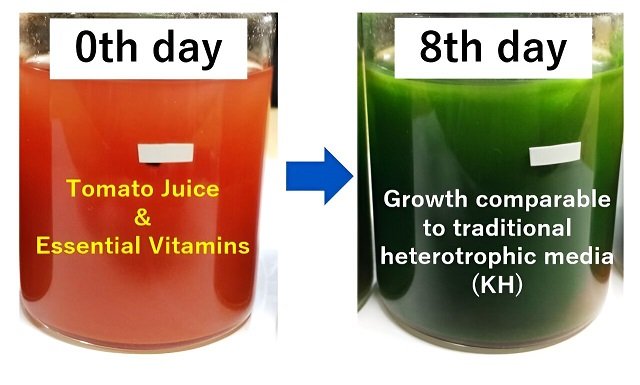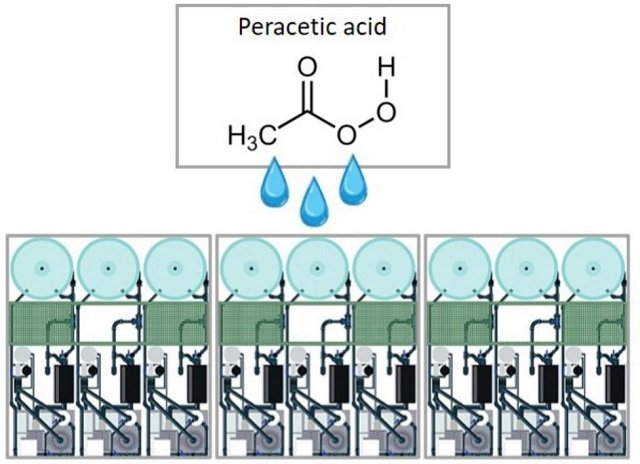Australia – Not all fish oils are high quality oils, so scientists have developed a superior method to help produce better dietary Omega-3 health and dietary supplements.
The new process, explained in a new Nature Partner Journals (npj) Science of Food paper, defines how vortex fluidic device processing lifts the quality of active ingredients of the polyunsaturated fatty acids (PUFAs) in fish oil. The process was used to enrich Omega-3 fatty acid content of apple juice, remarkably without changing its sensory values which is important for the consumer.
Published in partnership with Guangzhou University, the University of Cincinnati, and the Australian Nuclear Science and Technology Organisation (ANSTO), the research is further proof of the value of rapid vortex fluidic green chemistry processing.
Compared to regular homogenisation processing, the device was able to raise PUFA levels and purity by lowering oxidation and dramatically improving shelf life. Natural bioactive molecules were used in processing showing that the fish oil medium can take up flavonoids and other health supplements.
The researchers on the project also developed a world first technique for studying how the process occurs in the vortex fluidic device (VFD) – real time.
Flinders University Professor of Clean Technology Colin Raston says the VFD also has the capability to scientifically measure and control the requirements for better outcomes in food processing.
Contact:
Professor Colin Raston
colin.raston@flinders.edu.au
61-043-970-9950
Reference (open access):
He, S., Joseph, N., Mirzamani, M. et al. Vortex fluidic mediated encapsulation of functional fish oil featuring in situ probed small angle neutron scattering. npj Sci Food 4, 12 (2020). https://doi.org/10.1038/s41538-020-00072-1
Stay Always Informed
Join our communities to instantly receive the most important news, reports, and analysis from the aquaculture industry.
Source: Flinders University
Editor at the digital magazine AquaHoy. He holds a degree in Aquaculture Biology from the National University of Santa (UNS) and a Master’s degree in Science and Innovation Management from the Polytechnic University of Valencia, with postgraduate diplomas in Business Innovation and Innovation Management. He possesses extensive experience in the aquaculture and fisheries sector, having led the Fisheries Innovation Unit of the National Program for Innovation in Fisheries and Aquaculture (PNIPA). He has served as a senior consultant in technology watch, an innovation project formulator and advisor, and a lecturer at UNS. He is a member of the Peruvian College of Biologists and was recognized by the World Aquaculture Society (WAS) in 2016 for his contribution to aquaculture.







